-
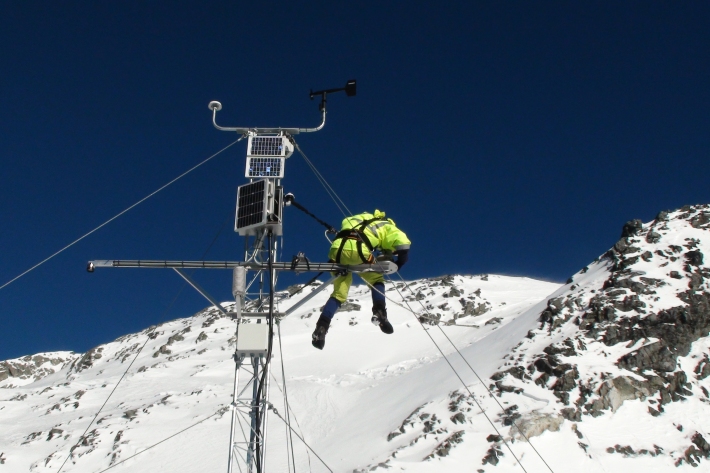
Regional modelling of New Zealand climate
Research ProjectDeveloping probabilistic scenarios of expected future regional climate changes. -
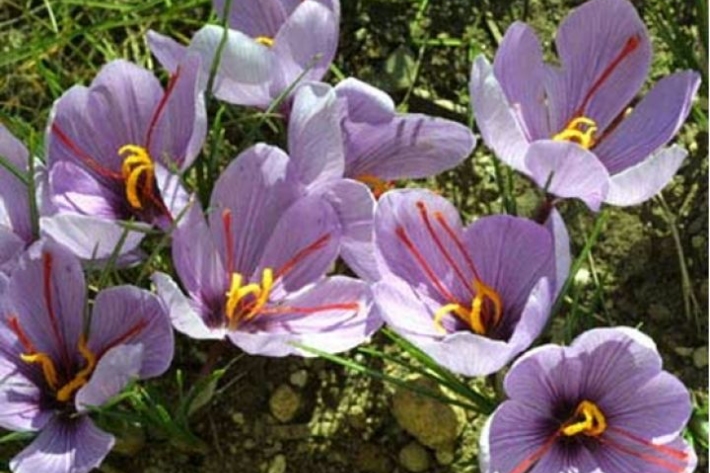
Assessment of crop and tree species growing potential using climate, soil and topographic information
Research ProjectThis project demonstrates how to assess high value alternative land-use options by means of a quantitative analysis of the growing potential of selected niche crops and tree species. -

'Eleven-station' series temperature data
Research ProjectTemperature trends from 1930s to present day -

Wave hazard research
Research ProjectNIWA collects wave data, develops and verifies wave forecasting systems, and is developing and producing wave projections. -
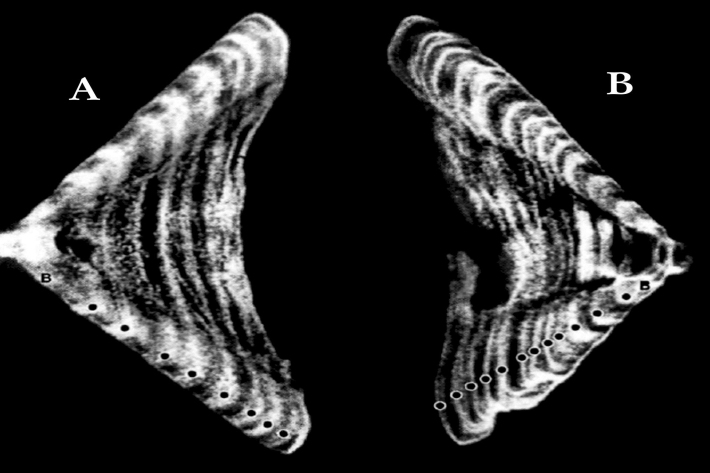
Determining the age of fish
Research ProjectNIWA expends considerable effort on determining the age of commercial fish species. But why age a fish? And how do we do it? -
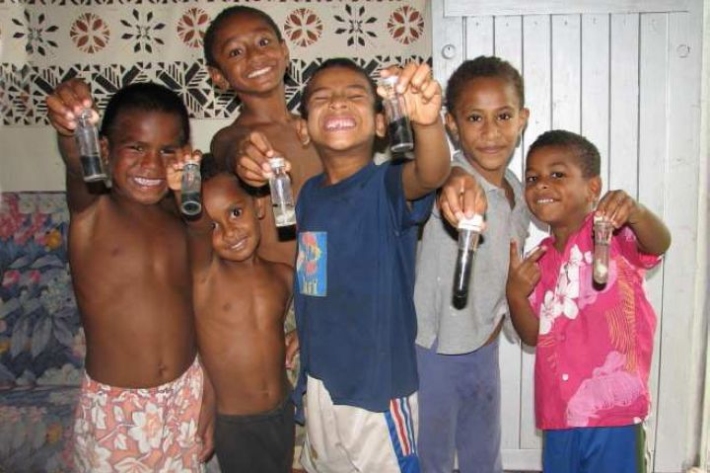
Development of sustainable water supply and treatment systems for a coastal Fijian village
Research ProjectThis collaborative NZaid project worked with coastal Fijian villagers at Votua on the Coral Coast of Viti Levu to develop pragmatic water supply and waste treatment solutions to protect public health and reduce contamination of coastal waters. -
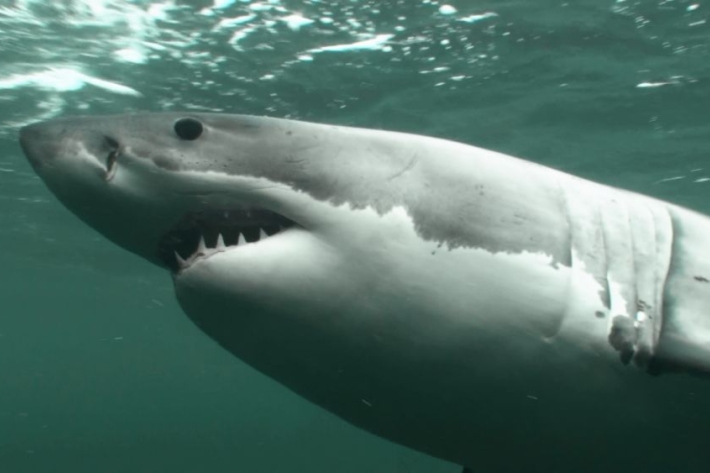
White sharks
Research ProjectWhere and when do white sharks occur in New Zealand waters, and how can fisheries bycatch be reduced? -

What do we measure?
Research ProjectA range of physical and chemical variables are measured in the NRWQN. -
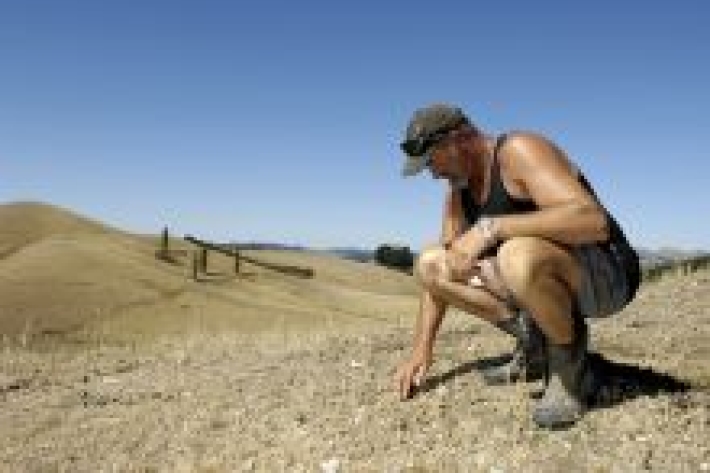
Climate change scenarios for New Zealand
Research ProjectProjections of how climate change is likely to affect New Zealand. -
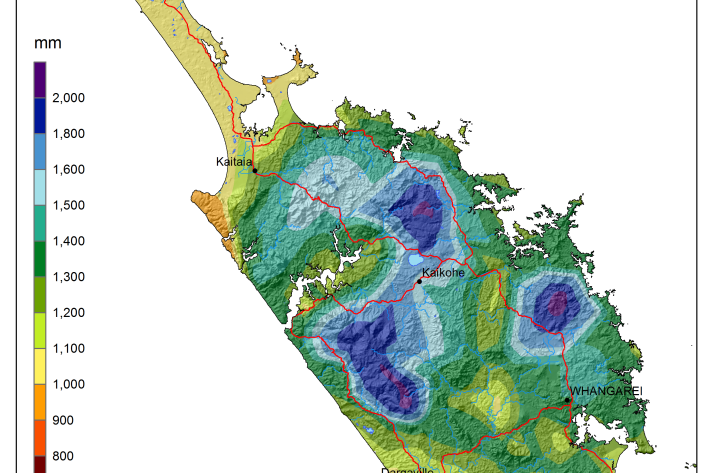
National and regional climate maps
Research ProjectMaps of average annual rainfall, temperature and other climate variables have been produced for all of New Zealand, based on the period 1981–2010. -
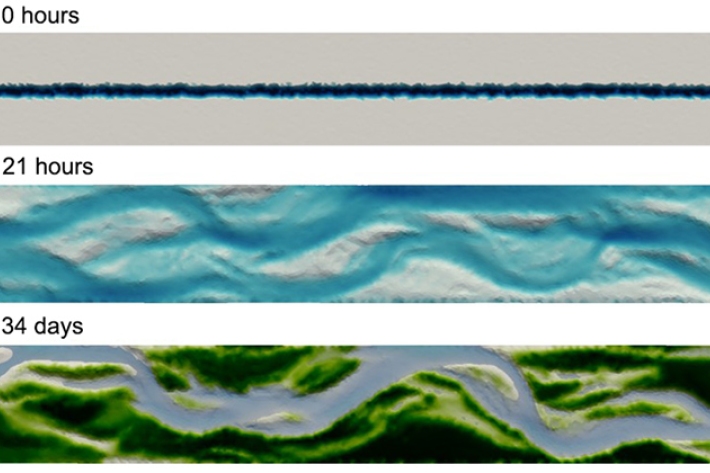
Modelling vegetation-impacted morphodynamics in braided rivers
Research ProjectNIWA is developing numerical models for predicting how the morphology of braided rivers responds to flow regulation and invasive exotic woody vegetation. -
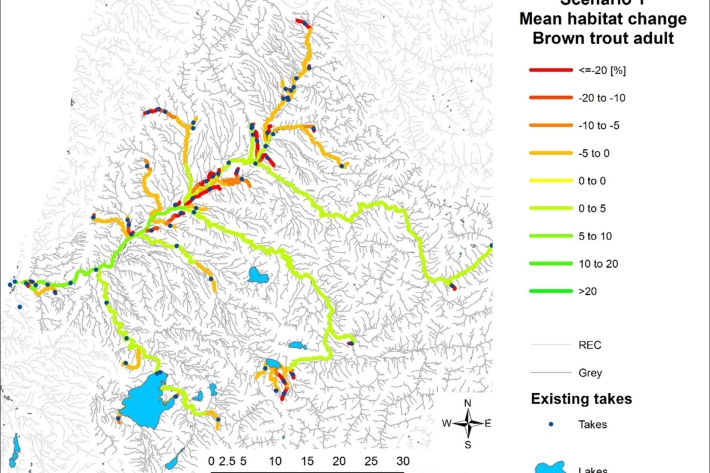
Managing water allocation on the West Coast
Research ProjectThis project investigated the capabilities and utility of NIWA’s Cumulative Hydrological Effects Simulator (CHES) tool for facilitating discussions and decision making associated with setting and applying water quantity limits in the Grey River catchment on the South Island’s West Coast.
